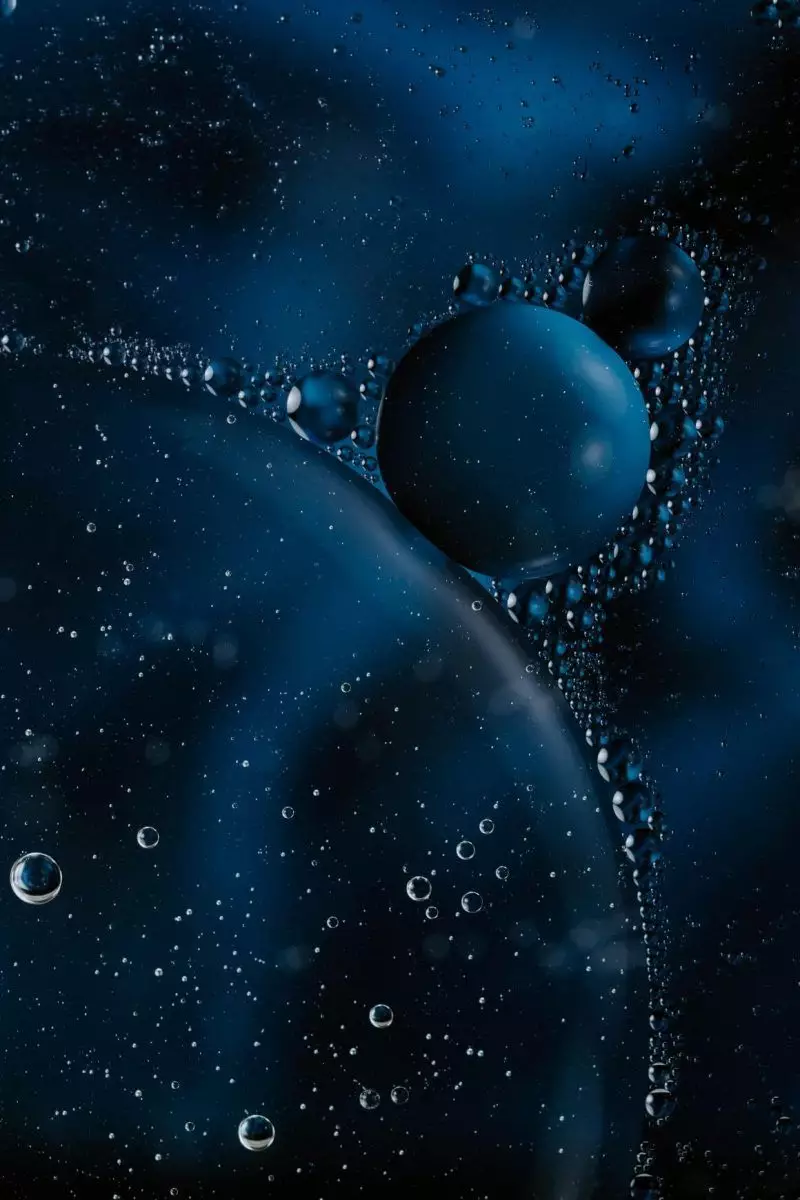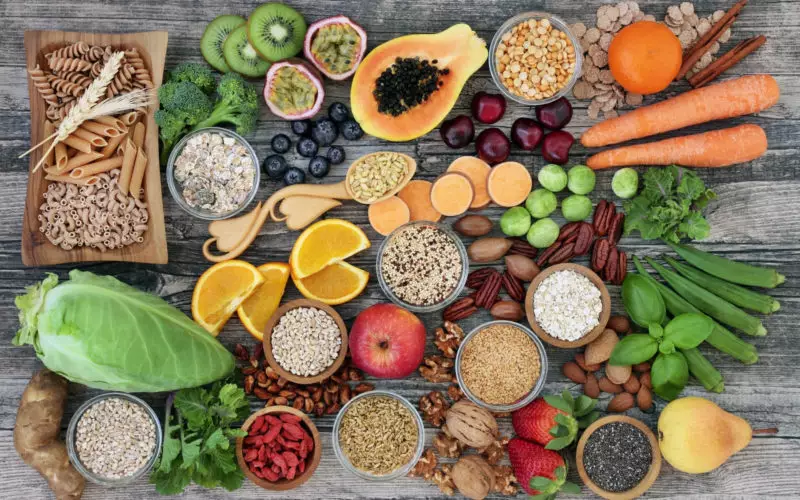
Everybody says that it is essential to drink plenty of water on a daily basis! And they are right! Water helps our body to stay energized, function properly, and our skin to be glowing and supple. Besides, it drains the unnecessary substances out of the body, “washing” us from inside.
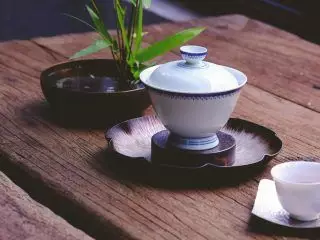
Many eastern cultures say that the “internal” daily shower is just as important as the “external” (regular) body shower. That is why one key tradition of those cultures is to drink 1 glass of water or tea in the morning BEFORE eating or drinking anything else. And this is not because they are on a diet or want to lose weight! They just aim to be healthy!
But let’s get back to the topic. As water takes such a big part of our life, it is essential to know about the different kinds of bottled water! You may not know this, but some types of water can actually have harmful effect on your health (if they are consumed in high doses and for a long time). Yet, not many people talk about this issue! If you are curious to know more, continue reading!
Mineral water
Mineral water is a type of water which is rich in minerals and originates from an unpolluted underground source. It usually receives no chemical treatment by the bottling brands, but only filtration, to make it suitable for drinking. [4] The mineral content of water can vary between very low, low, medium, and high. Below, you can see a table with the guidelines.
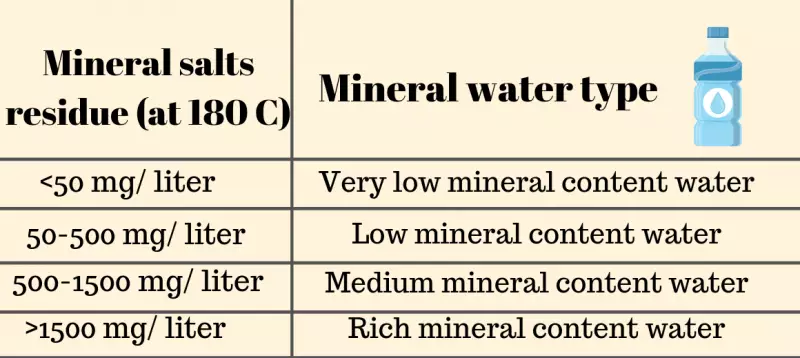 Mineral water may have a few or various kinds of minerals in its content. That depends on the water source and the natural ambient where the water is sourced. The label of the water bottle always shows its mineral content. Below, you will find the full list of minerals which can be in your water, as well as their related health properties [5] :
Mineral water may have a few or various kinds of minerals in its content. That depends on the water source and the natural ambient where the water is sourced. The label of the water bottle always shows its mineral content. Below, you will find the full list of minerals which can be in your water, as well as their related health properties [5] :
- Calcium. Responsible for bone and muscle development, and proper heart, brain, and nerve functions.
- Chloride. It may have laxative effect, and improve bowel function.
- Phosphorus. It is associated with maintaining the acid balance in the body and helping for energy transportation.
- Magnesium. Key for proper metabolism, nervous system, as well as bone and muscle formation and development.
- Potassium. May promote healthy muscular and nervous system, balance the blood pressure, and support kidneys health.
- Sodium. May ensures proper fluid balance, healthy nerves, and muscles.
- Sulfur. Stimulates the formation of hair and nails and transports amino acids.
- Cobalt. Source of vitamin B12 (cobalamin)
- Chromium. May balance blood sugar levels, as well as promote proper insulin production.
- Iron. Transports oxygen in the body and is associated with anemia prevention.
- Fluoride. Bone and teeth development (only applicable to kids up to 3 years).
- Iodine. Hormone synthesis.
- Manganese. It’s functions are related to balanced metabolism and proper enzyme synthesis.
- Copper. May stimulate the absorption of iron.
- Selenium. Can act as an antioxidant, stimulate DNA synthesis, and prevent cells damage.
Even though evidence suggest that mineral water may have many health benefits, there is one main concern. Some types of bottled water with high mineral content may have very high sodium content. In that sense, people suffering from hypertension should be very cautions about the type water they drink! [6]
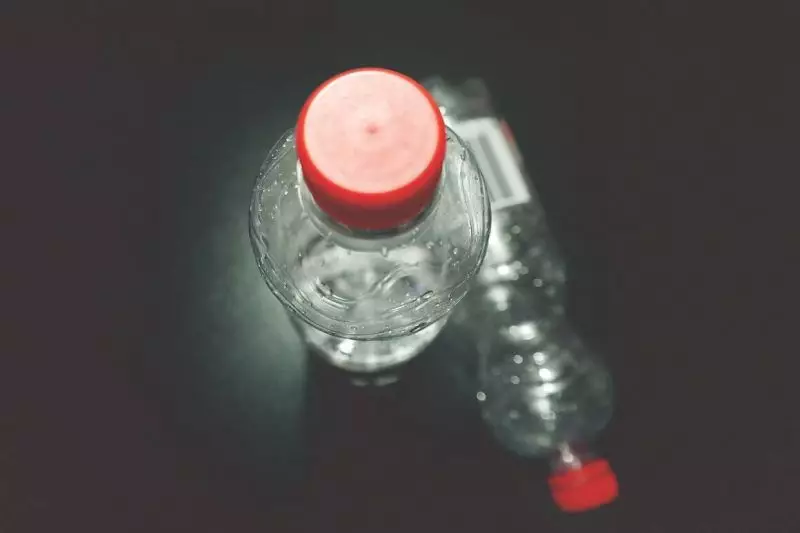
Spring water
Spring water is a type of water which originates from unpolluted and uncontaminated underground sources. Before the bottling process, it is filtered, and sometimes treated in order to remove certain minerals. Usually, water that has been treated is with lower quality than water that has been delivered directly from the source. [7]
The spring water can be an excellent choice for everybody, including children! It is easily absorbed because of its low mineral concentration! In long term consumption, this type of water does not impose any risks and is not linked to any health problems. [8]

Table water
Table water, also called drinking water is not naturally sourced. It is usually treated, as it’s characteristics, taste, and mineral content are artificially integrated. Often, brands use chemical substances to treat the “table water’ and purify it, enrich it, or adjust its mineral content. [9]
This type of water is suitable for everybody, as it complies with the health-safety criteria.
How much water to drink per day?
First, let’s have a bit of an overview.
Your body is about 60% water. [1] To keep this percentage in balance, you need to consume water regularly. The recommended intake is around 2 liters per day, which is approximately 8 glasses. [2]
In that sense it is essential to supply your body with high-quality, clean water that suits the needs of your body (and not just any kind of water). [3] In that sense, bottled water is great way to ensure that the water you consume is safe!
All bottled water is bacteria, contaminators, microorganisms, and pollutants free. This is ensured by the bottling companies and all the members of the International Council of Beverages Association. However, all bottled water are not the same! There are different qualities and health benefits!






